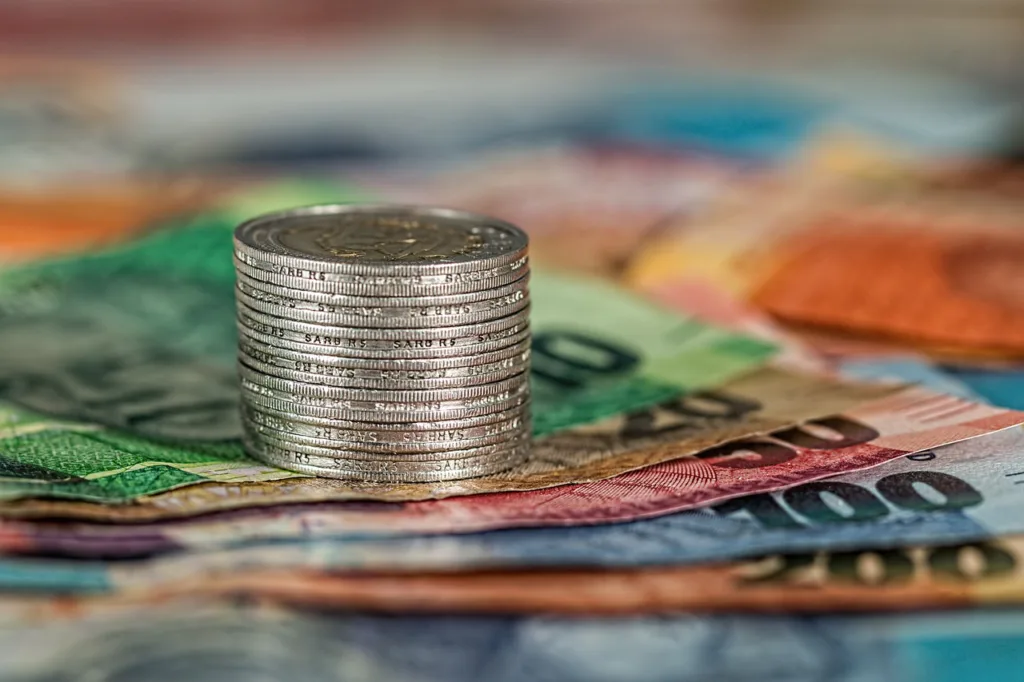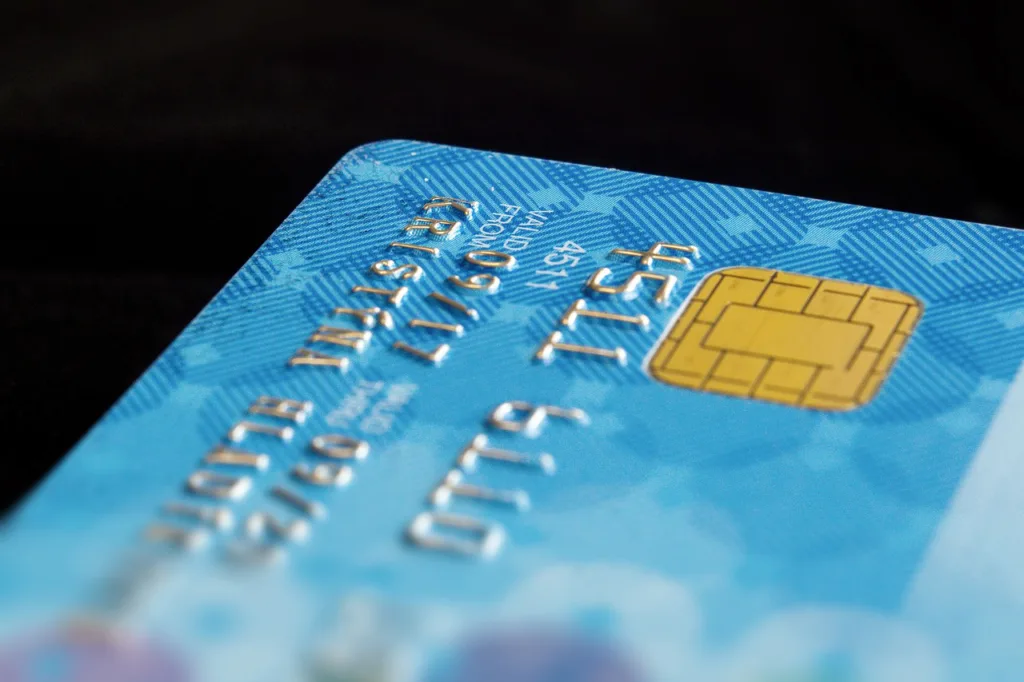Table of Contents
When embarking on a journey to Vietnam, it’s essential to familiarize yourself with the country’s currency and money matters. Understanding the local currency, exchange rates, and payment methods will help ensure a smooth and hassle-free experience during your travels. In this blog post, we will provide valuable information about money in Vietnam, helping you navigate through the financial aspects of your trip and make informed decisions when it comes to handling your funds. From the local currency to ATMs and currency exchange options, let’s delve into the world of money in Vietnam and discover how to make the most of your financial transactions while Vietnam.

Vietnamese Dong
The official currency of Vietnam is the Vietnamese Dong (VND). It’s recommended to have some Dong on hand for small purchases, street food vendors, and markets that may not accept foreign currency. Currency denominations range from small notes of 1,000 VND to larger ones of 500,000 VND.
Exchange Options
When it comes to exchanging currency in Vietnam, there are several options available to travelers. Here are some common methods to consider:
- Exchange Offices: Currency exchange offices are widely available in major cities and tourist areas. They offer convenient services for exchanging foreign currencies into Vietnamese Dong. It’s advisable to compare exchange rates and fees at different offices to ensure you get the best deal. Be cautious of potential scams and only exchange money at reputable and authorized establishments.
- ATMs: Automated Teller Machines (ATMs) are prevalent throughout Vietnam, particularly in urban areas. They accept major international debit and credit cards such as Visa, Mastercard, and UnionPay. ATMs usually provide a favorable exchange rate, and withdrawing cash in local currency is a convenient option. Keep in mind that some ATMs may charge withdrawal fees, so check with your bank to understand any applicable charges.
- Banks: Most banks in Vietnam offer currency exchange services. They are generally reliable and have competitive exchange rates. However, bank hours may vary, and it’s recommended to check their operating hours and availability in advance. Be prepared to provide your passport for identification when exchanging money at a bank.
- Prepaid Travel Cards: Prepaid travel cards, such as multi-currency cards, can be a convenient option for managing your money while traveling in Vietnam. These cards allow you to load multiple currencies, including Vietnamese Dong, and offer the convenience of making card payments or withdrawing cash at ATMs. Check with your bank or financial institution for information on fees, exchange rates, and card acceptance in Vietnam.
- Hotel Exchanges: Some hotels may offer currency exchange services for their guests. While this can be convenient, it’s important to note that hotel exchange rates may not be as competitive as those at banks or specialized exchange offices. Compare rates and fees before opting for this option.
Remember to keep your receipts when exchanging money, as they may be required when converting Dong back into your home currency before departing Vietnam. It’s advisable to have a mix of payment options, including cash and cards, for flexibility and convenience during your travels. Always exercise caution and be mindful of your surroundings when handling money to ensure a safe and secure experience.
Credit Cards

Credit cards, particularly Visa and Mastercard, are widely accepted in Vietnam, especially in upscale hotels, restaurants, and larger establishments. However, as mentioned above it’s important to note that smaller businesses, street vendors, and local markets may only accept cash. Always carry some Vietnamese Dong (VND) for these situations.
Before your trip, inform your bank or credit card provider about your travel plans. This ensures that your transactions in Vietnam are not flagged as suspicious, which could result in your card being blocked for security reasons. Additionally, check if your credit card has any foreign transaction fees and inform yourself about any daily withdrawal limits imposed by your bank.
When using your credit card for transactions in Vietnam, you may be given the option to pay in either Vietnamese Dong or your home currency. It’s generally advisable to choose the local currency (VND) to benefit from more favorable exchange rates. This option is known as Dynamic Currency Conversion (DCC), and while it may seem convenient, it often incurs higher fees and unfavorable exchange rates.
Alternative Payment Apps

In recent years, mobile payment apps such as GrabPay, MoMo (requires a Vietnamese mobile number), and ZaloPay (App currently only available in Vietnamese) have gained popularity in Vietnam. These apps allow you to link your credit card and make payments at various establishments, including taxis, restaurants, and stores.
Cost of Living, getting the most out of your Money
Vietnam offers tourists an incredibly affordable cost of living, making it an ideal destination for budget-conscious travelers. From accommodation to dining and transportation, visitors can experience the country’s beauty and culture without breaking the bank. Budget-friendly guesthouses and hostels provide comfortable lodging options at prices as low as $10 to $30 per night, while street food stalls offer delicious local dishes for just $1 to $3 per meal. Public transportation, such as buses and trains, are economical for traveling between cities, and taxis and ride-hailing services are reasonably priced in urban areas. With affordable sightseeing fees, bargain shopping opportunities, and overall reasonable prices, Vietnam ensures that travelers can make the most of their journey while keeping costs in check.
1. Accommodation
Accommodation in Vietnam caters to a wide range of budgets, from budget-friendly guesthouses and hostels to luxurious resorts. In major cities like Hanoi and Ho Chi Minh City, you’ll find a variety of options that suit different price points. For budget travelers, guesthouses and budget hotels can cost as low as $10 to $30 per night, while mid-range hotels range from $40 to $80 per night. Luxury accommodations can go beyond $100, but they often offer exceptional value for money.
2. Dining and Street Food
One of the highlights of visiting Vietnam is its incredible culinary scene. From mouthwatering street food to elegant restaurants, there’s something to please every palate. Street food is not only delicious but also incredibly affordable, with dishes like pho, banh mi, and fresh spring rolls costing around $1 to $3 per meal. In local restaurants, a filling meal can cost between $5 to $10, while upscale dining experiences may range from $20 to $50 per person, depending on the establishment.
3. Transportation
Getting around in Vietnam is not only convenient but also economical. Public transportation options, such as buses and trains, offer affordable fares for traveling between cities. In major cities, metered taxis and ride-hailing services like Grab are reasonably priced and provide a comfortable way to navigate urban areas. Renting a motorbike is another popular option, with daily rentals averaging around $5 to $10.
4. Sightseeing and Activities
Vietnam is a treasure trove of breathtaking landscapes, historical sites, and cultural experiences. Entry fees to popular tourist attractions are generally affordable, ranging from $1 to $5 per person. Guided tours and excursions vary in price depending on the duration and complexity of the activity, but there are options available for every budget.
5. Shopping
Vietnam offers a shopper’s paradise with bustling markets, boutique shops, and artisanal goods. Bargaining is a common practice in local markets, where you can find unique souvenirs, clothing, and handicrafts at incredibly low prices. Whether you’re strolling through the famous Ben Thanh Market in Ho Chi Minh City or exploring the night markets of Hoi An, you’ll find that your money can stretch far when it comes to shopping in Vietnam.
Vietnam is not only a destination for its natural beauty and cultural richness but also for its affordability. From accommodation and dining to transportation and shopping, Vietnam offers a wide range of options to suit various budgets. Embrace the opportunity to explore this mesmerizing country without worrying about breaking the bank, and savor every moment of your journey through this affordable paradise.
Other Practical Matters
For all other practical matters check out our Practicalities page. Here you’ll find information on Visa Requirements, Health and Safety, how to Keep Connected and other practical stuff. For tips on Transportation and how to Get Around refer to our Transportation pages.